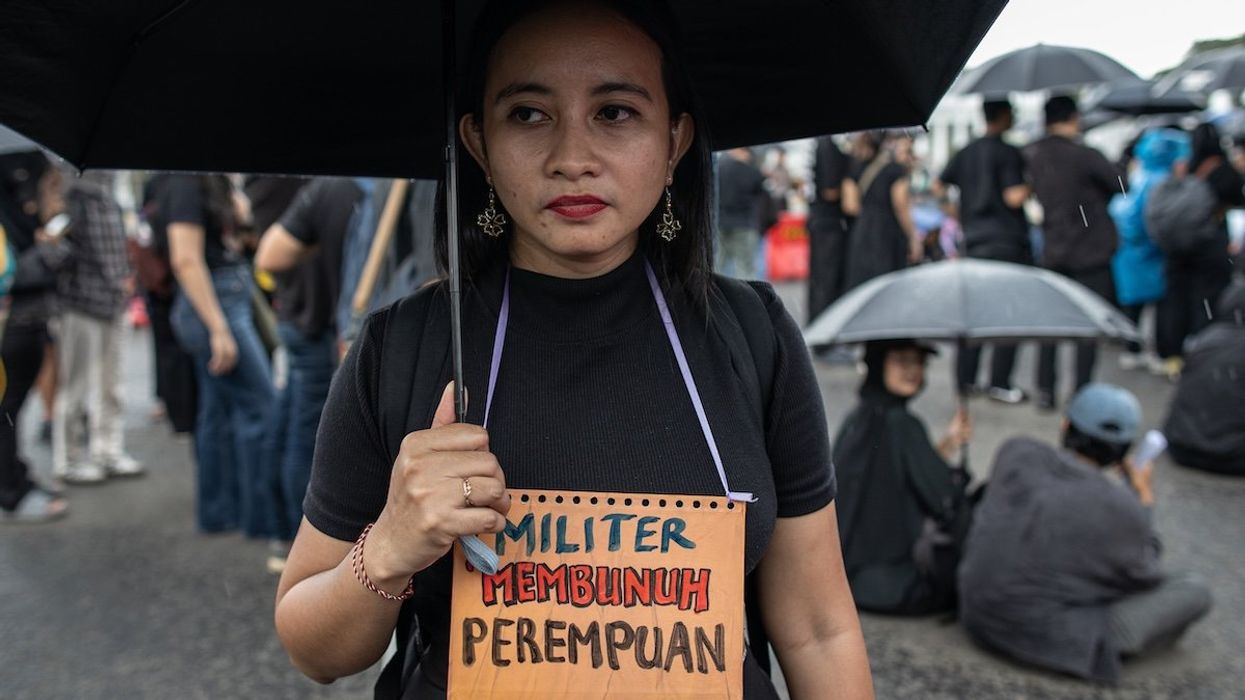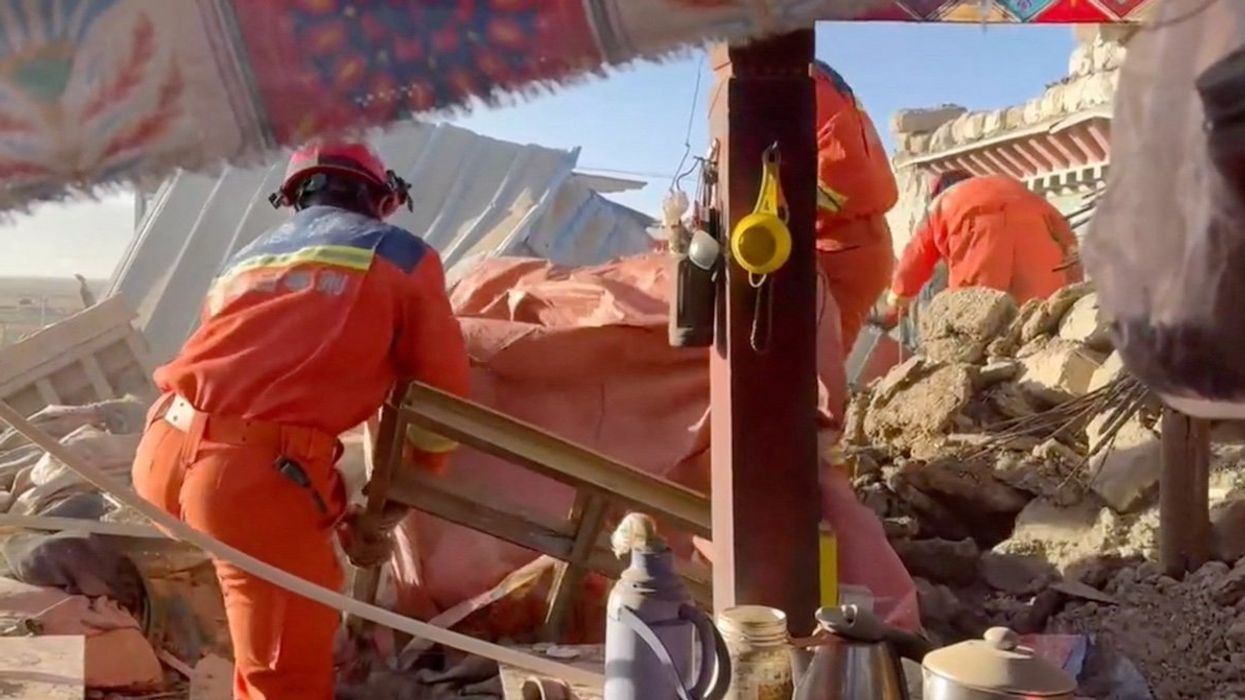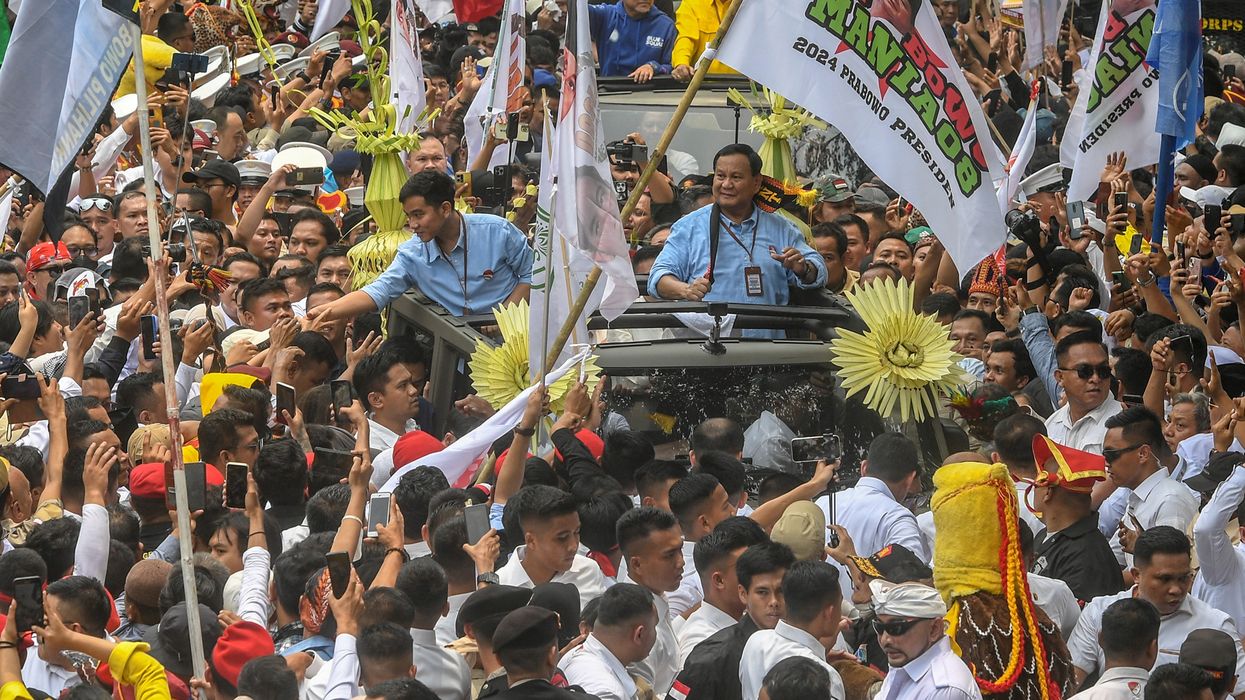What We're Watching
Indonesians protest new military laws
Indonesian activists are protesting a new law allowing active-duty military members to serve an expanded role in the civilian government — a move they warn could bring back the days of military repression under strongman leader Suharto.
Mar 20, 2025



